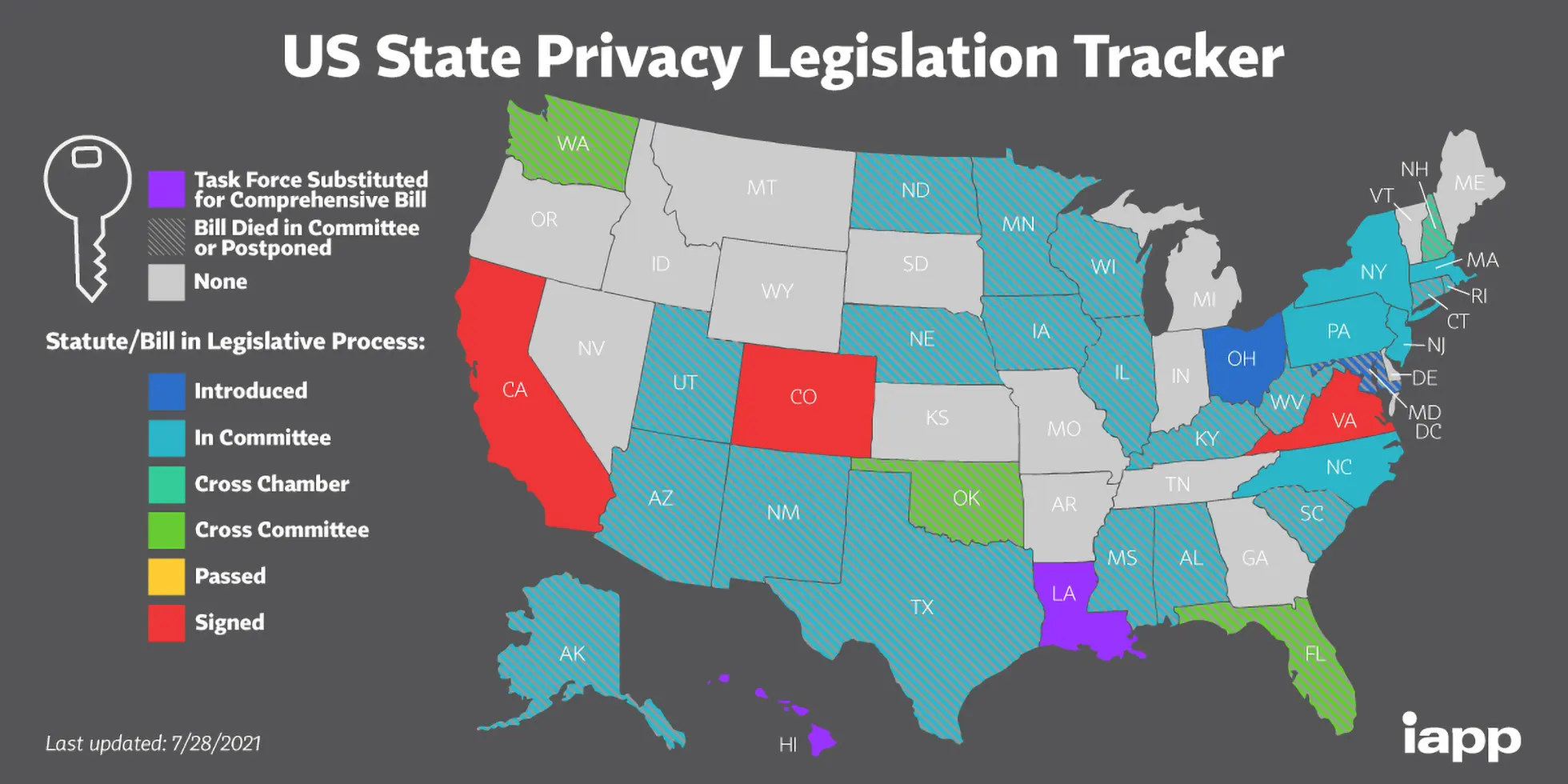
FRESNO, California – Cody Sarhan, Communications Specialist
Transparency and trust, those two things are key when it comes to operating a business on today’s privacy-conscious Internet. You may have noticed a significant rise in privacy-related news regarding our online footprint. From recent court cases involving TikTok, Facebook data collection outrage, or even cookie consent being needed to view certain websites, privacy regulations are being noticed everywhere. In part two of our series covering privacy protections, we explore the nature of privacy policies and how they pertain to business websites.
As technology advances, privacy has become a significant concern for individuals and businesses alike. Small businesses, in particular, need to pay careful attention to privacy regulations to protect their customers’ data and avoid legal repercussions. In the state of California, recent legislation has highlighted the importance of having a privacy policy on your business’s website.
But what has brought this change on, and why should businesses operating in ignorance or indifference of this shift in both the global and legal consciousness be concerned?
“The data collected by the vast majority of products people use every day isn’t regulated. Since there are no federal privacy laws regulating many companies, they’re pretty much free to do what they want with the data, unless a state has its own data privacy law.” — Thorin Klosowski, Wirecutter
The Significance of Privacy Policies
To establish the importance of why businesses need privacy policies it’s important we first establish what a privacy policy is. Privacy policies serve as legal documents that outline how businesses collect, use, and protect user data. They inform individuals about the type of information gathered, its purpose, and the measures taken to ensure data security. Privacy policies are vital for establishing trust between businesses and their customers, demonstrating transparency, and complying with relevant privacy regulations
California is one of three states with comprehensive data privacy laws
Source: NY Times
Image: IAPP
Recent California Legislation: CalOPPA, CCPA, and CPRA
California has been at the forefront of privacy legislation with the introduction of several significant laws in recent years. Understanding these laws is crucial for small businesses operating within the state, and without proper adherence to this new legislation, businesses may find themselves on the wrong side of a lawsuit.
- California Online Privacy Protection Act (CalOPPA): CalOPPA was enacted in 2004 and requires commercial websites and online services that collect personally identifiable information (PII) from California residents to post a privacy policy on their websites. This law aims to protect consumers’ online privacy and inform them about data collection practices.
- California Consumer Privacy Act (CCPA): In 2018, CCPA came into effect, granting California consumers more control over their personal information. It applies to businesses that meet specific criteria, such as those with an annual gross revenue of over $25 million, or those that handle the personal information of at least 100,000 consumers. The CCPA mandates that covered businesses provide detailed privacy policies, inform consumers about their rights, and offer opt-out mechanisms.
- California Privacy Rights Act (CPRA): Approved by California voters in November 2020, CPRA builds upon CCPA and strengthens privacy protections further. CPRA introduces additional requirements for businesses, such as enhanced disclosure obligations, increased rights for consumers, and the creation of the California Privacy Protection Agency (CPPA) to enforce privacy regulations effectively.
Lawsuits & Legal Consequences
Failure to comply with privacy regulations can lead to severe legal consequences for small businesses. Lawsuits filed against companies for non-compliance with privacy laws, including the absence of a privacy policy, have been on the rise. These legal actions can result in substantial fines and damage to a business’s reputation.
“In reality, the list of lawsuits regarding privacy policy changes is fairly long, and I suspect that it will get longer over the next few years.” — Dan Lohrmann, Field CISO for Presidio
How Xobee Can Help You Meet Compliance
In California, small businesses must recognize the importance of privacy policies and comply with the evolving privacy regulations. Laws like CalOPPA, CCPA, and CPRA place significant emphasis on transparency, user rights, and data protection. Neglecting to have a privacy policy or violating privacy regulations can result in legal repercussions and damage to a business’s reputation.
As the leading MSP across all of California, Xobee Networks can help you meet state compliance when it comes to privacy protection rights. By prioritizing privacy, small businesses can not only meet legal obligations but also build trust with their customers and foster a secure and transparent online environment.
Contact us to learn more today.
Xobee Networks now has engineers servicing clients within Fresno, Clovis, Madera, San Jose, Sacramento, San Francisco & The Bay Area, Los Angeles, Santa Monica, Las Vegas, Bakersfield, San Diego, San Luis Obispo, Anaheim, Palm Springs, and more.
Cody Sarhan | Communications Specialist, Xobee Networks

